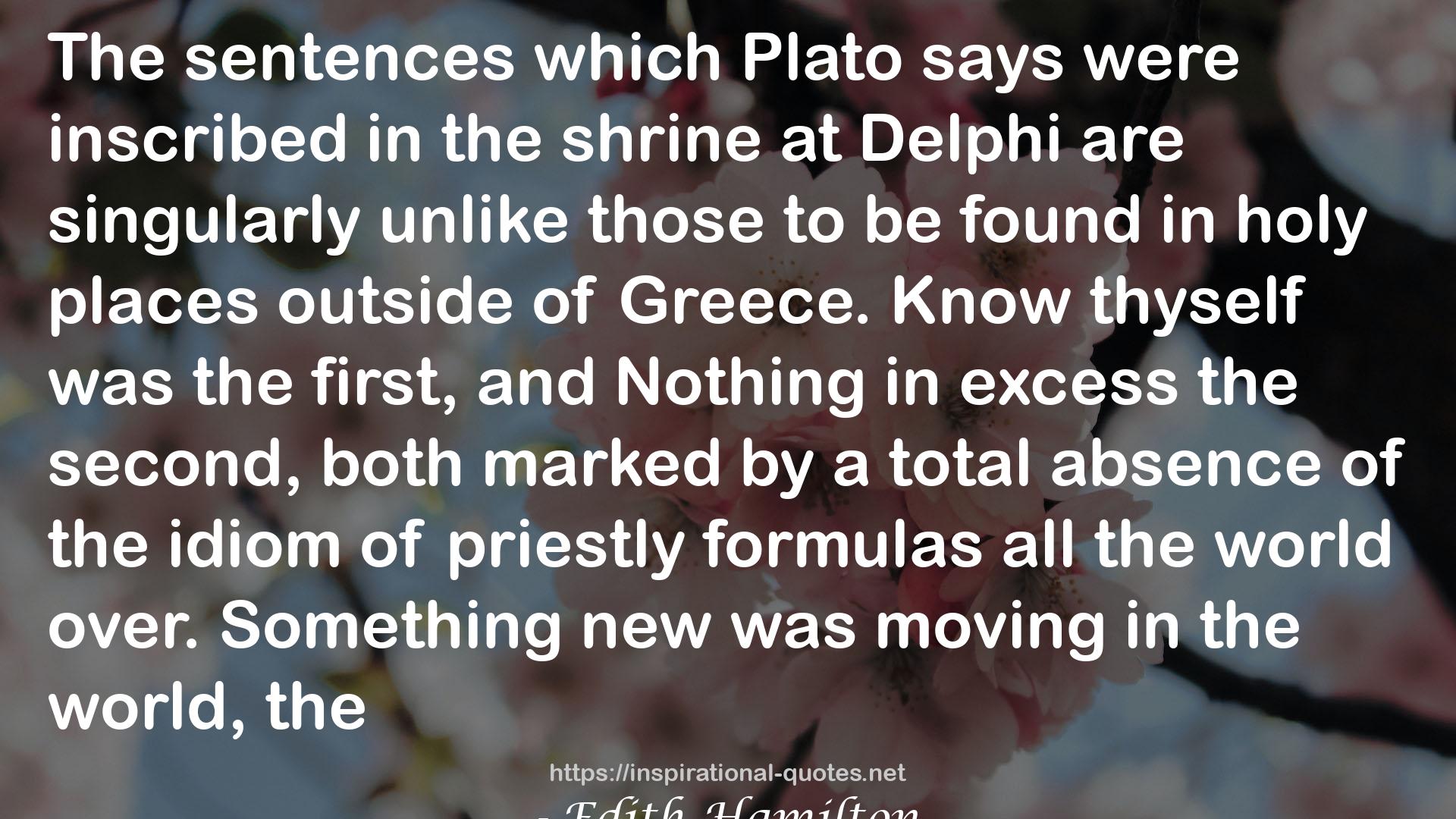The Greek Way QUOTES
SOME WORKS
- Rebecca
- Tyrants Destroyed and Other Stories
- Painting Angels
- Alice's Puzzles in Wonderland
- Stephen King's The Dark Tower: The Complete Concordance
- Kaleidoscope (Colorado Mountain, #6)
- Ka: The Story Of Garuda
- It Happened One Bite (Gentlemen Vampyres, #1)
- The Accidental Highland Hero (The Highlanders, #2)
- In the Arms of Angels: True Stories of Heavenly Guardians

